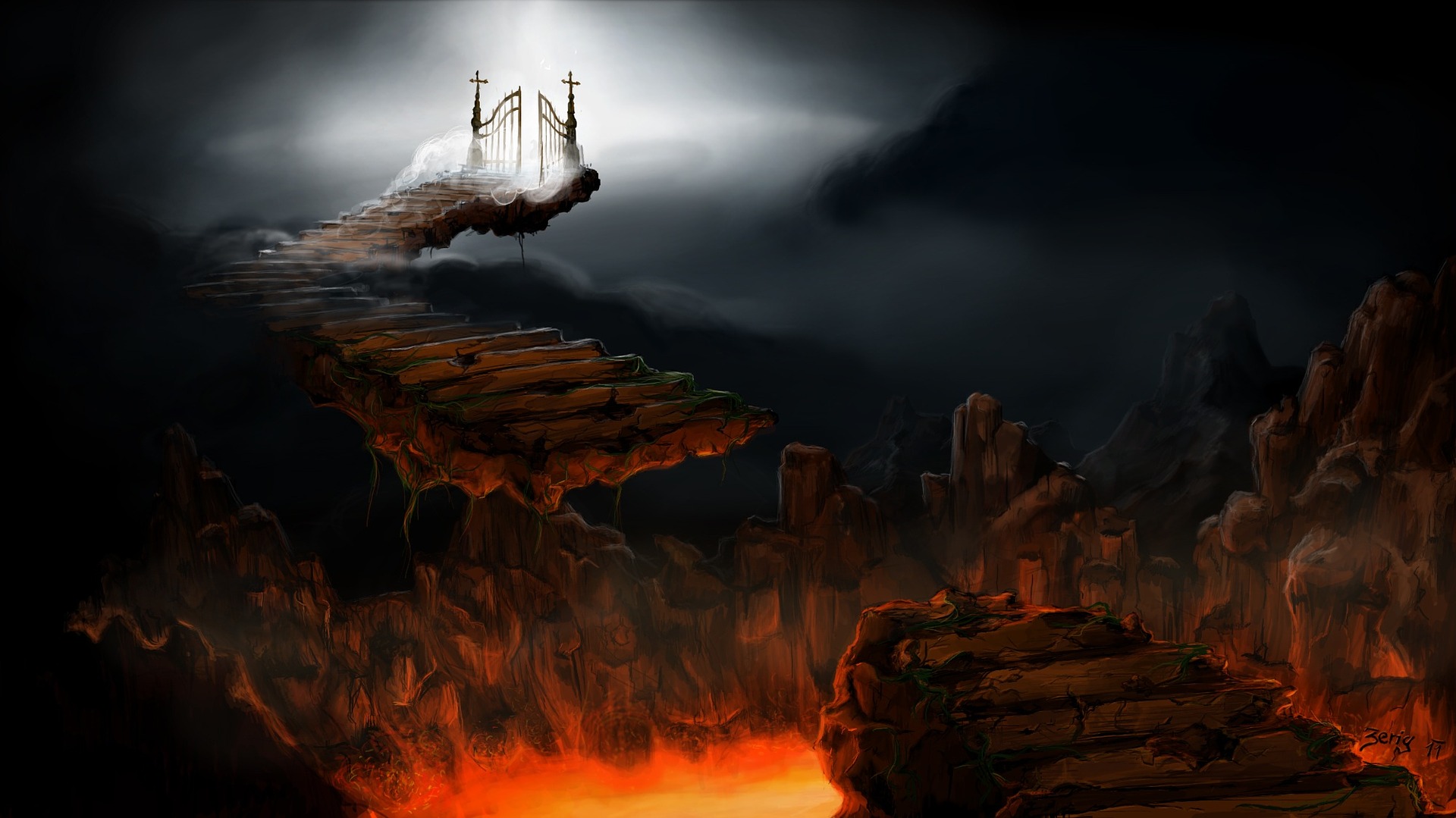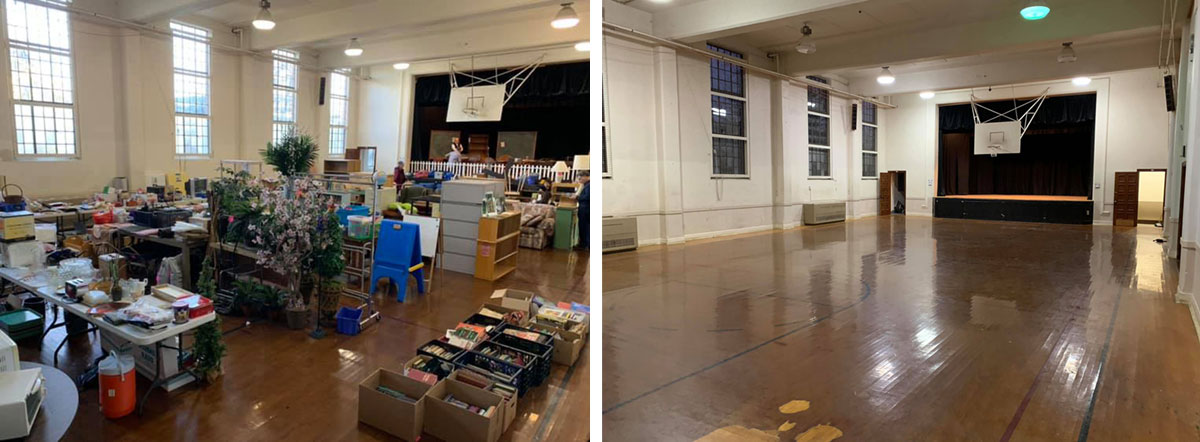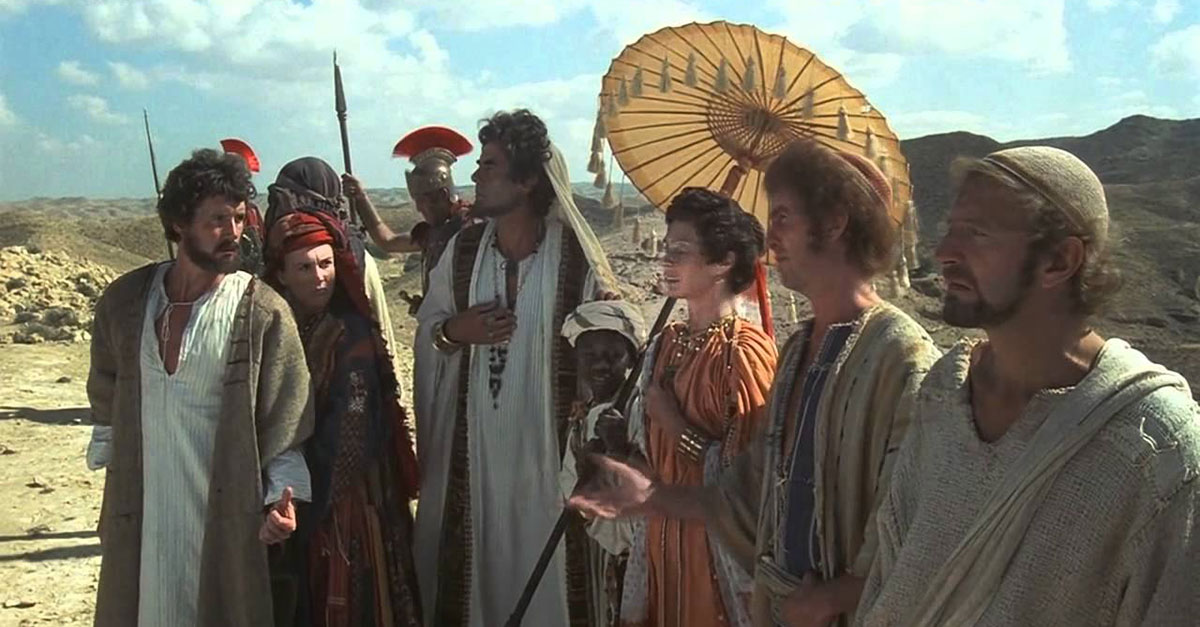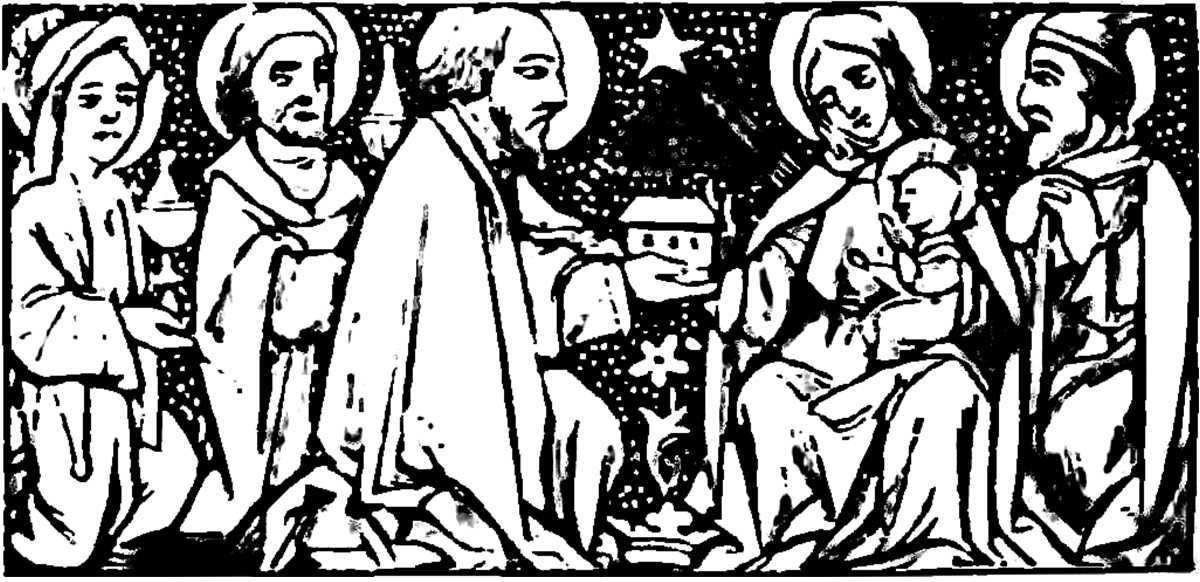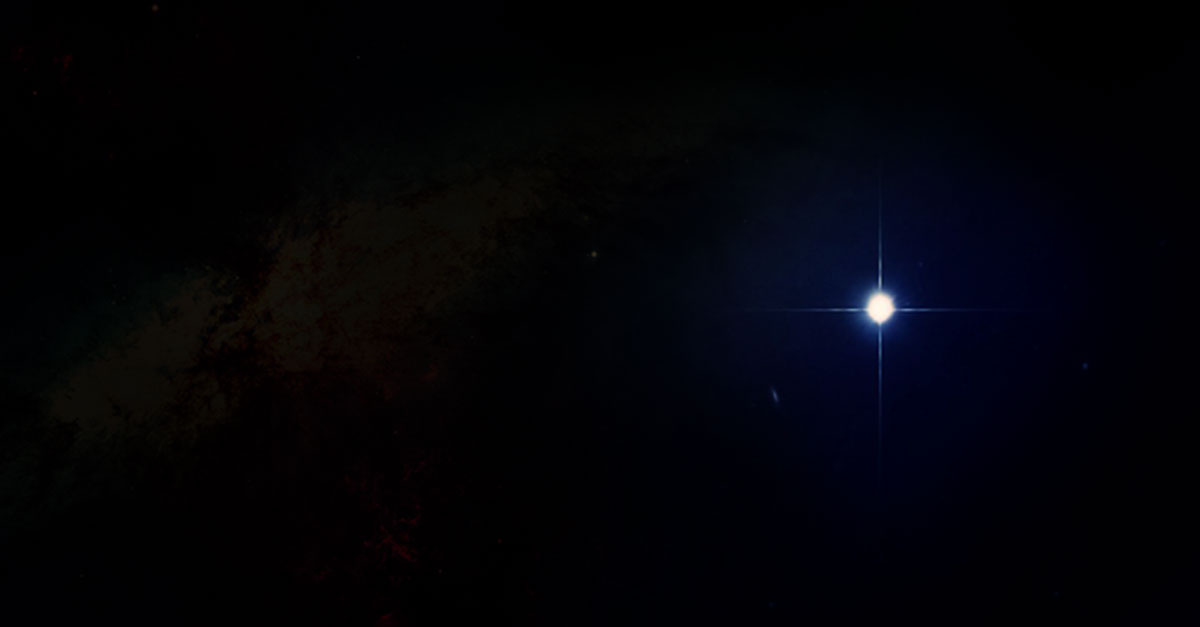All means all. One means one. Some means none.
The following is the prepared text of Bishop Elaine JW Stanovsky’s sermon on February 3,
CLICK HERE if you would prefer to listen to her sermon.
People were bringing even infants to him that he might touch them; and when the disciples saw it, they sternly ordered them not to do it. But Jesus called for them and said, “Let the little children come to me, and do not stop them; for it is to such as these that the kingdom of God belongs. Truly I tell you, whoever does not receive the kingdom of God as a little child will never enter it.”
Luke 18:15-17 (NRSV)
I therefore, the prisoner in the Lord, beg you to lead a life worthy of the calling to which you have been called, with all humility and gentleness, with patience, bearing with one another in love, making every effort to maintain the unity of the Spirit in the bond of peace. There is one body and one Spirit, just as you were called to the one hope of your calling, one Lord, one faith, one baptism, one God and Father of all, who is above all and through all and in all. But each of us was given grace according to the measure of Christ’s gift.
Ephesians 4:1-7 (NRSV)
A word to Seattle First UMC
I give thanks for you and your ministry, and for your joyful engagement with your community. For the 16,000 meals served at the Shared Breakfast in 2018; for your advocacy for a social safety net that protects the most vulnerable as you raise a voice for justice on immigration, gun violence, care for creation, and homelessness; for your faithful participation in the United Methodist connection financially and in so many other ways.
And I give thanks for your pastor, Jeremy, his family, the staff of the church, and all of you, who bring this place to life on Sundays and throughout the week. May God bless you and keep you and send you to places of sorrow and pain.
A word about General Conference
Your pastor may have told you about the General Conference coming up at the end of the month, where United Methodists will decide whether to stay United, despite deep divisions over sexual orientation and identity. Well, that’s the context for my message this morning. This conflict, which has wracked the Church for nearly 50 years, sends me back to scripture and leads me into deep prayer. So, I’m going to treat you to more-than-your-average Bible this morning.
Reading the Bible
When it comes to the Bible, people make choices about how they listen to what they find there; which stories they let shape and inform their lives, and which they let fade into the background of timebound inscrutability.

Everybody who engages the Bible does this: brackets and underlines, and highlights, and writes question marks in the margins. Thomas Jefferson even took a scalpel to cut out passages he didn’t think belonged. People are looking for a biblical story to emerge that deserves to be called “good news.” And when they go searching in the Bible, some passages speak to them, and others they set aside. Who, for example, gets upset about wearing clothes made out of blended fabrics anymore? But the Bible says, NO! We just don’t pay attention.
There’s all kinds of stuff in the Bible: invasion, war, and rape. Murder and betrayal. Wickedness, treachery, revenge, enslavement, bigotry, kidnapping, sexism, incest, as well as kindness, justice, healing, hospitality.
God and God’s people have seen it all. And they have told the stories—good and bad—from generation to generation, until they wrote them out and collected them in what became our bible. And it’s so thick and has so many stories, you can find almost any message there.
If you open your Bible looking for a straight and narrow way of life with rewards for good behavior, and punishments for bad behavior, you can find it.
If you are looking to justify your sense that you deserve to possess what is not rightfully yours, you can find that justification in the Bible.
If you are looking for God’s condemnation of a world of “total depravity,” where people are powerless to resist evil and seek good, you can find that there, in the Bible.
And, if you are looking for a way of life that offers, a path of peace and joy, a light in the darkness, you can find that there, too. It’s in the Bible.
The challenge for people like you and me is to find the Good News in the Bible. When we find that, we can let the rest recede into the background—at least for the moment.
When you’re reading your Bible, you’ll notice that when people of faith hear bad news, they keep listening, because the bad news is never the final word. In the Bible, there is no judgment without forgiveness. Even a cold stone tomb cannot contain the life given and tended by a generous God. When people of faith hear bad news, they keep listening—there’s always Good News coming.
So, as I enter February, the special session of the General Conference looms large, when United Methodists will decide whether we will continue as one church or split apart, I’m looking for some Good News to carry us through. And I think I’ve found some. So, I want to share a few nuggets that I think the Holy Spirit made sure were buried in there for us to uncover.
Nugget #1 – All Means All – Luke 18:15-17
Some leaders in our Church are asserting that homosexuality is a sin, and that people who choose a life of sin should not be fully accepted in the Church. Their marriages should not be recognized. Their calling and gifts should not be recognized and put to work in ordination. And people who allow these things should be punished. No, expelled. That’s what’s before us. A proposal not only to ban same-sex wedding in our churches and performed by our clergy, and to ban ordination of LGBTQ people, but a requirement that leaders sign a pledge to obey and a promise to punish people who don’t obey. It is a desperate attempt to define once and for all who is “inside” and who is “out” (no pun intended). They have a few, brief Bible passages to support their position.

But in the Bible, in the “good news” section of the Bible, Jesus said, “Let the little children come to me, and do not stop them…” It doesn’t say let the good little children come to me. The well-behaved little children. The little children who do what they are told, who keep quiet, who pay attention, who sit still, who play by the rules. He gives a broad instruction: let them come. Do not stop them. There is no need to say “all” the children.
And what about the birds of the air? Jesus says, that the smallest seed grows to a tree, so large that the birds of the air come to make nests in its branches. The smallest of seeds—not the biggest, not the best, not the most fertile of seed—produces a tree of life, where the birds of the air—not the fastest, or the birds with the nicest song, or with the most exotic feathers. No, the birds of the air—whatever bird flutters by. Whatever bird is looking for a place to land, to build a nest. A small seed provides shelter to the birds of the air. All of them.
And the Bible doesn’t stop with children and seeds and birds. The Bible makes room for all kinds of people, too. Some Christians read the Bible looking for a purity code that defines who is acceptable and who is not. But the Bible breaks every exclusive barrier. Remember Jesus? He invites tax collectors, a woman with a flow of blood, a lame man, a blind man, raving lunatics, lepers, women of questionable reputation, people on their death beds, Samaritans—back in the day, before Jesus showed us that Samaritans could be good, they were the hated, despised, impure, foreign. A Roman military commander, an Ethiopian Eunuch.
In the gospel of Matthew, Jesus says, “Come to me, all you that are weary and are carrying heavy burdens, and I will give you rest.”
And in the final words of the Bible, we read this:
The Spirit and the bride say, “Come.”
Revelation 22: 17
And let everyone who hears say, “Come.”
And let everyone who is thirsty come.
Let anyone who wishes take the water of life as a gift.
I guess that’s why I’m a Methodist. We do not teach that creation is utterly depraved. We teach that human beings can be partners with God in sharing a good word. We teach that God reaches out to us in every circumstance and guides us into the way of peace. We teach that there’s a wideness in God’s mercy, like the wideness of the sea. We teach and believe—and we find it in the Bible—that God has embedded in every child, bird, searching soul the good intention of the Creator, and that Christ reaches out with an open hand, and a warm invitation to each one and everyone, and that the Holy Spirit invites us to look for Christ’s presence in each one we meet, looking for the gift they bring. In this way, God works in us and through us, to guide us toward loving with a perfect love. To be made perfect in love in this life.
Children. Seeds. Birds. All kinds of doubtful people. God in Jesus embraces them all. What’s next? What about creation? In Genesis, we hear of God’s mighty acts of creation out of a void: the heavens, earth, light, dry land, seas. Plants bearing seeds and fruit. Sun and moon to rule the day and the night. “Swarms of living creatures,” sea monsters, winged birds. Land animals: cattle, creeping things, wild animals. Finally, human beings in God’s own image. And after all that creative activity, the Bible reports that God sat back and looked at all of creation, and said, “Now THAT is very good.”
How much did God say was good? Everything. Everyone. Anyone.
All means all.
Nugget #2 – One Means One – Ephesians 4:1-7
How does one baptized Christian say to another baptized Christian, you do not belong? You don’t qualify. Your experience of God’s love doesn’t count, because you are flawed. How does one baptized Christian get the authority to make this judgment against another?
I was taught that baptism makes God’s family our family. That in baptism, we don’t get to choose who our siblings are—God gives them to us. Does that mean we don’t all need to grow in God’s love? Does it mean we don’t sin? No. It just means we are invited and expected to stay in relationship with one another as we take our walk with Jesus. And our privilege, our joy, is to gather around the Communion Table of Grace to discover how God is working in one another’s’ lives, to receive each other as God’s good gifts, and to try to find a way to live together in peace. I was taught that eating at the table is a means of grace. That as we know each other, and care for each other, and challenge each other, it is Christ at work in us, shaping us in the image of our Creator.
In the midst of the controversy in the early church about what was necessary for a person to be a member of the family of Jesus, Paul writes:
But now apart from the law the righteousness of God has been made known… This righteousness is given through faith in Jesus Christ to all who believe. There is no difference between Jew and Gentile, for all have sinned and fall short of the glory of God, and all are justified freely by his grace through the redemption that came by Christ Jesus… Where, then, is boasting? It is excluded. Because of what law? The law that requires works? No, because of the law that requires faith … is God the God of Jews only? Is God not the God of Gentiles too? Yes, of Gentiles too, since there is only one God, who will justify the circumcised by faith and the uncircumcised through that same faith.
Rom 3: 21-30, selections
And so we find in Romans and in Ephesians, Paul trying to help Jewish Christians and Gentile/Greek Christians find the common humanity that they share. He is trying to help them reclaim the unity that God gave in creation, when he says, “I beg you . . . to maintain the unity of the Spirit in the bond of peace. There is one body, and one Spirit, just as you were called to the one hope of your calling, one Lord, one faith, one baptism, one God and [Parent] of all, who is above all and through all and in all.”
Paul is trying to call us back to the unity in God that has the power to hold EVERYONE together, despite how fragmented humankind had become. The early Church was searching for the unity that was deeper than their differences. Isn’t that what we are doing today? Only our issues aren’t between Jews and Gentiles; circumcised and uncircumcised. The issues of who belongs
Well, I’ve sat at
One means one. My baptism is no better than yours. My life experience is no better than yours. If I’m in, you are in. We’re stuck with each other. This is God’s gift!
Nugget #3 – Some means None – Hebrews 11
The Book of Hebrews in the Bible gives a long and glorious recitation of the mighty acts of God in the lives of generations of the heroes of the faith. And toward the end, it gets pretty close to ecstatic utterance:
By faith … people passed through the Red Sea … the walls of Jericho fell … Rahab did not perish … And what more should I say? For time would fail me to tell of Gideon, Barak, Samson, Jephthah, of David and Samuel and the prophets—who through faith conquered kingdoms, administered justice, … shut the mouths of lions, quenched raging fire, escaped the edge of the sword, won strength out of weakness, became mighty in war, put foreign armies to flight. Women received their dead… Others suffered mocking and flogging, and even chains and imprisonment. They were stoned to death, they were sawn in two, they were killed by the sword; they went about in [animal] skins, destitute, persecuted, tormented—of whom the world was not worthy… Yet all these, though they were commended for their faith, did not receive what was promised, since God had provided something better so that they would not, apart from us, be made perfect.
Hebrews 11:29-40, selections
Can you believe it? That God would hold back the rewards of the righteous, warriors and saints of the faith, “so that they would not, apart from us, be made perfect.” Well… I guess we’re in this together. God’s promises can’t be fulfilled for just some. Nobody can enter God’s glory until and unless we all enter together and we’re not ready yet.
If I refuse to sit at the table next to a brother in Christ. If I refuse to receive the bread and the cup from the hands of a sister in Christ, I do violence to the body of Christ. We cannot grow in grace cut off from one another. We need each other to grow. We need each other for wholeness. Some
That’s why I hope the special session of General Conference will adopt the One Church Plan. Not because it adequately embraces the fullness of God’s mercy as I understand it. But because it creates space for United Methodists who profoundly disagree with each other to stay in the same family, at the same table, and practice ministry as their faith leads them, while we continue our journey of faith together. It allows Seattle First UMC to host weddings between two people of the same sex and for LGBTQ clergy to serve in ministry. But it does not force clergy in the Democratic Republic of Congo to do so. I think God likes creative tension. It’s where the Holy Spirit flutters and broods.
And yet, I know that one person’s creative tension is another’s burden. And so, I want to tell you a story.
A Hopeful Story
In the Council of Bishops, when the bishops from the U.S., Europe, Africa, and the Philippines were sitting around tables trying to have this important difficult conversation among ourselves, at one point an African brother bishop I know well says, our concerns about sexuality in Africa are very different from yours in America and Europe. He continued to explain (paraphrasing): “In our churches, if a man comes to be baptized, and he has several wives, and they each have children, it does great harm if we ask him to renounce all but one wife and leave the others with their children destitute. You don’t have much to teach us about how to cope with this concern. This is a generational issue for us. We must teach the next generation while welcoming this man and his whole family… Maybe we don’t have much to teach you about homosexuality.”
My friends, where else could that conversation occur, except at the table where God has invited us all to gather? In that story is great hope that God’s children can learn from one another and from our very different life experiences. And if we don’t have to tear apart from one another every time we understand God’s will for creation differently, we might learn to leave space for more learning, more growth, more grace
Please pray for our Church, all its leaders and that a way may open before us upon which we can travel in the love of God, the grace of Jesus Christ, and the communion of the Holy Spirit. I pray for you
This is an uncertain time, but on the morning after General Conference, there will still be people who look to the Church to be God’s agents of grace and hospitality. There will still be people who need a good meal and fellowship. People will still languish in hospitals, and under bridges, and in loneliness. And God will still be looking and saying—these are good. They are my good children. There’s work to be done, but it is good work.
And together, the churches of the Greater Northwest will continue to follow God in faithfulness and service. Listen
